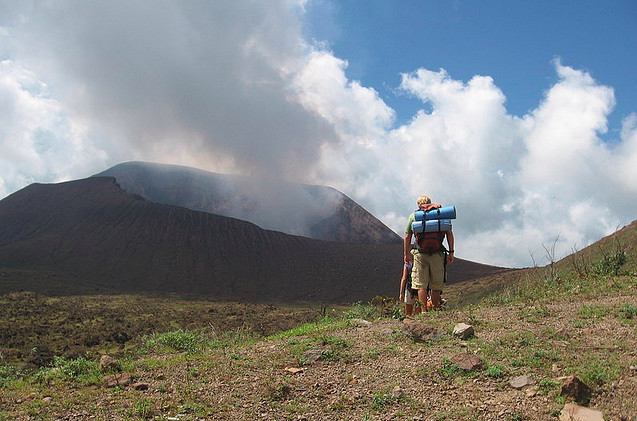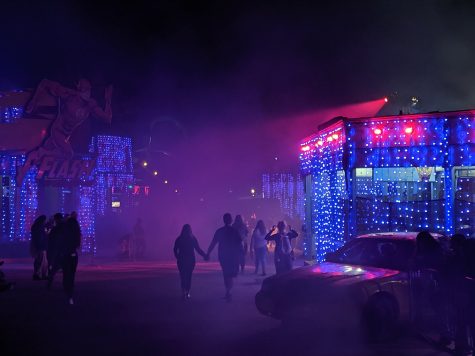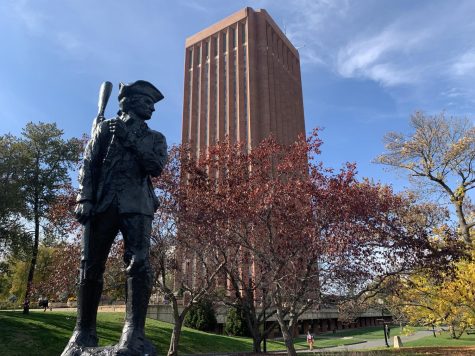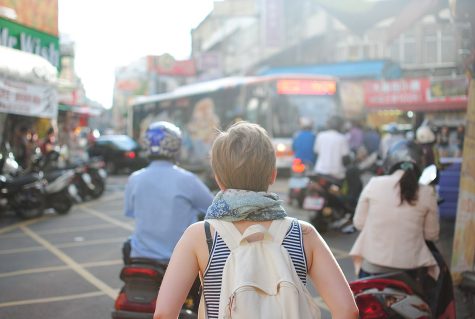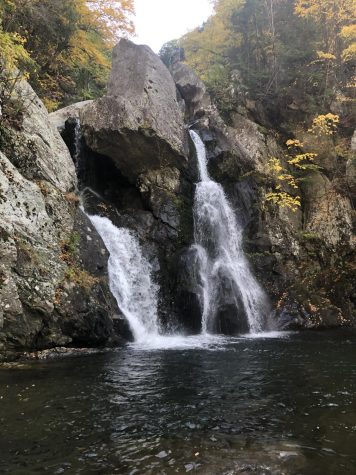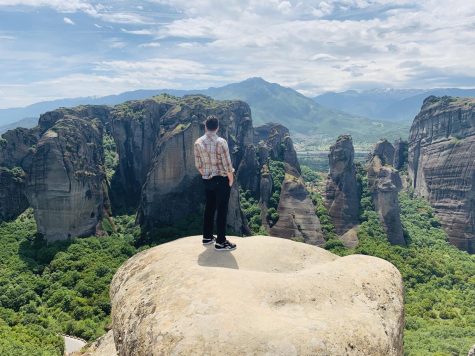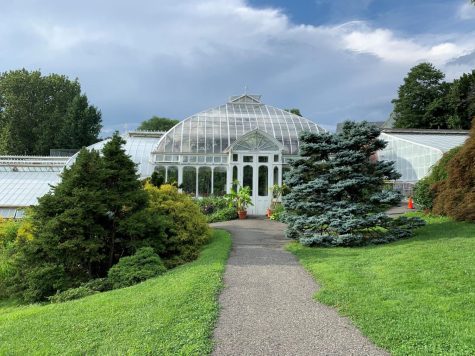Discovering the beauty of Nicaragua: It’s all about getting there
Dirty, poor, no-good, and lower class citizens.
Spend only a short time in Costa Rica and you will undoubtedly hear Nicaraguans, or Nicas, as they are called throughout Latin America, described this way.
The discrimination against Costa Rica’s neighbors to the north is apparent. They claim that the Nicas come to Costa Rica to steal jobs from hardworking natives by seeking employment opportunities that are simply not possible in the much poorer economy of Nicaragua.
So naturally, as curious college students, my friends and I ignored the appeals of our host families to stay away and we traveled up to Nicaragua for Thanksgiving, our last weekend abroad. What we found was not the war-torn Third World country described by the news, but rather a beautiful, culturally rich country that rivaled if not trumped Costa Rica.
The Boat Ride
In four days I feared for my life on a ferryboat, took a scooter ride around a volcano, saw some of the most beautiful architecture and visited the second largest statue of Jesus in the world.
But as we crossed the border, Nicaragua was not getting off to a great start. We carried our bags on foot, forced to fight clouds of dust, from checkpoint to checkpoint. Every few steps another person approached you and attempted to sell you something. While those “entrepreneurs” were easy to say “no” to, we quickly found ourselves paying a different tax to enter the country at each checkpoint, unsure of which fees were legitimate and which ones had just been pocketed by the keen worker that spotted American passports.
The ferry ride to our first stop, the volcanic island Ometepe in the middle of Lake Nicaragua, proved to be much worse than the border. The ride was cheap, no more than a dollar per person for the long ride.
And I soon saw that you get what you pay for. The ferry was small and looked ancient. We were led onto the boat which had chipped paint and proceeded underneath the deck where there were no more than 20 benches and a few completely open windows.
After about 20 minutes of extreme rocking and water splashing into the windows I began to feel motion sickness. Ten minutes after that I had my head between my knees and somehow miraculously managed to fall asleep for the rest of the boat ride.
Ometepe
Once arriving at Ometepe, the atmosphere caused me to immediately forget any discomfort that I had been feeling before. It was the type of town that everyone knew each other and someone was always willing to help you out.
Framing the town was the distant view of the two enormous volcanoes that overshadowed the island. The small center was decorated with Christmas lights, a strange sight to see in 90-degree weather, and reminded us that it was in-fact Thanksgiving.
Thanksgiving in Nicaragua was wholly different than back home. It was not filled with scurrying from house to house, trying to see every family member before the day is over. I did not have to fret over the fact that no one was eating my pumpkin pie that I so graciously made. I did not have to answer trivial questions about what I am studying or how I like dorm-life. My dinner was instead spent watching the most beautiful sunset I have ever seen in my life, followed by pizza and wine at a local restaurant.
The next morning, while America woke up at 4 am to go shopping, my friends and I rented scooters to drive around the volcanoes. I even had my very own Lizzie McGuire Movie moment (despite not being in Rome), when I played the song “Volare” while riding on the back of the scooter. The views of the volcanoes were worth all of the frustration that we went through to get into Nicaragua, and then some.
That day we learned a few important lessons. First, Nicaraguan tickets for driving a scooter without a license only cost around $4, so it is not worth arguing with the policeman in broken Spanish. Second, do not trust the old man at the corner store who tells you scooters are capable of going off-road…they are not.
Following a long day of exploring, all that was left was to take the ferry (this one was a much bigger, safer ferry) back to the mainland in order to get to our second destination, Granada. The ride away from that island was one that will never be erased from my mind. As the sun set ahead of us we watched as the volcanoes slowly got darker and darker, eventually disappearing from view altogether. The sunset faded to night, which revealed more stars than I have ever seen at one time.
So there I was, in the middle of Lake Nicaragua, surrounded by stars and feeling so small while having a moment that many UMass students never get to have during their college years.
Erin Wolosz studied abroad with Universities Study Abroad Consortium in Puntarenas, Costa Rica in fall 2013. She is a junior Journalism major and can be reached at [email protected].

